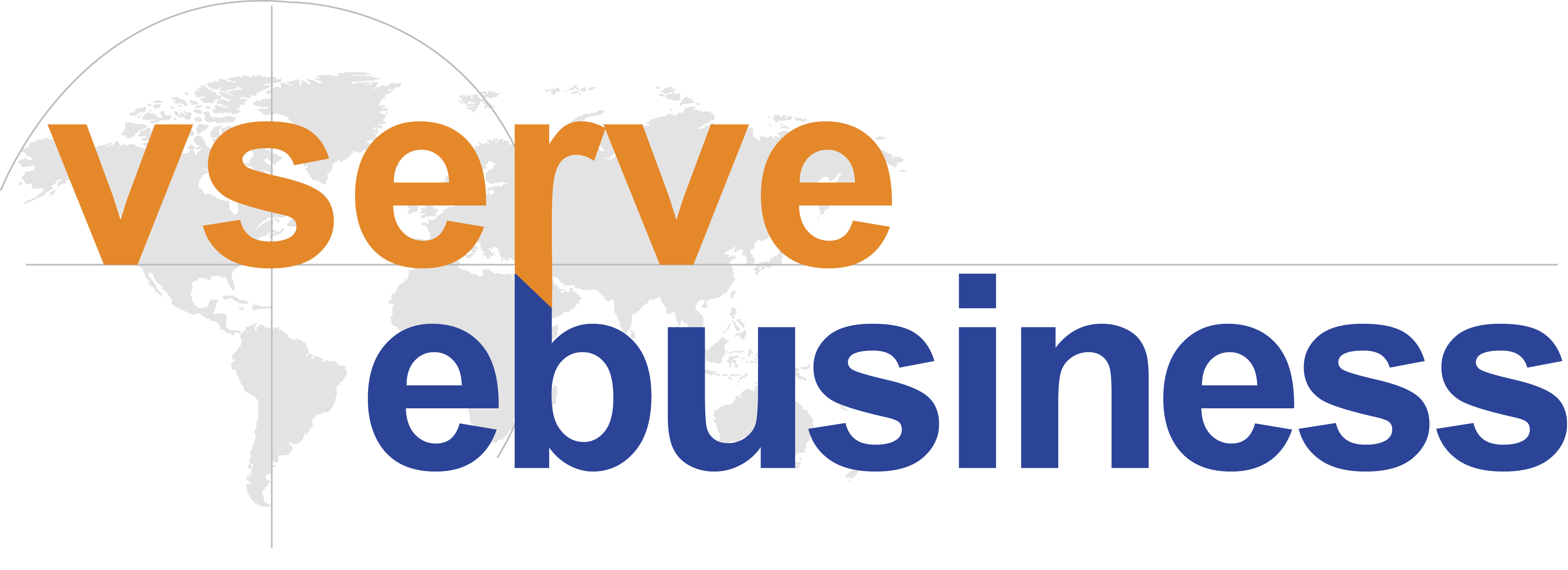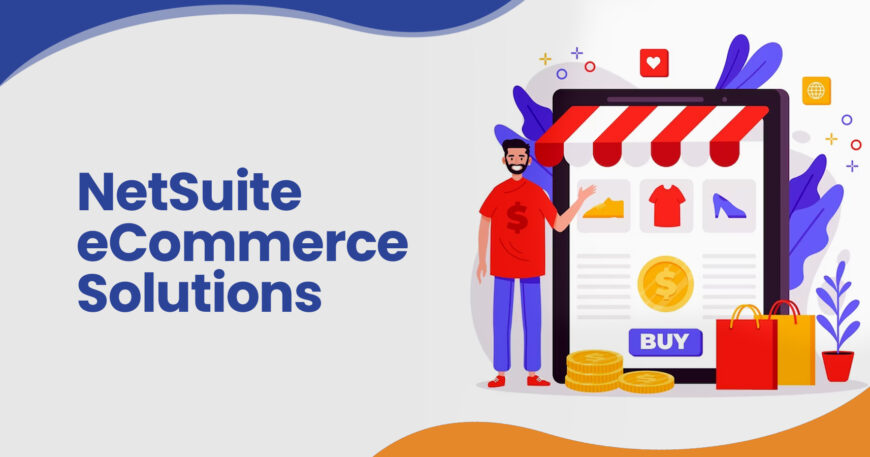Many businesses employ a variety of software programs to manage many elements of their businesses. This includes customer data, orders, warehouses, accounting, and more. The outcome is a fragmented information landscape because these instruments are frequently not integrated and do not communicate with one another. Employees must spend time manually transferring information between systems, which results in inefficiencies. Additionally, you can overlook crucial linkages and insights between other business areas. It can result in less-than-ideal decision-making.
What is ERP?
Enterprise resource planning, or ERP, is a potent tool for information management. It assists businesses in gathering, organizing, and storing information on a single platform for effective utilization. To maximize benefits and enhance decision-making, firms must manage data effectively.
ERP systems offer a complete picture of the business’s activities, from finance and human resources to inventory control. ERP systems boost efficiency and decision-making by eliminating data silos, reducing manual work, and providing real-time visibility into the business by integrating all these processes onto a single platform.
ERP software is a consolidated platform that unifies several technologies and enables easy information sharing, resulting in increased productivity and better decision-making. ERP assists in streamlining corporate processes from beginning to end by combining data from many organizational departments. Companies can improve their service and sales efforts with a 360-degree picture of their clients.
Furthermore, ERP ensures teams have access to the required data, enabling them to function more effectively and efficiently, ultimately leading to lower expenses. Last but not least, ERP offers functional reporting and analytical tools that can aid firms in improving decisions based on current data.
What is Cloud ERP?
Modern ERP or cloud ERP is the most recent generation of ERP systems. It differs from conventional ERP systems, including using the cloud instead of an offline system that needs a server to save data. Modern ERP systems also have cutting-edge features like robust business intelligence tools, customer portals, and enhanced collaboration with agencies like Gmail and Google Calendar.
Mobile-friendly, secure, and adaptable cloud ERP platforms also give enterprises more operational flexibility and agility. Modern ERP systems are gaining popularity among companies of all sizes because they enable access to real-time data from anywhere.
What is NetSuite?
NetSuite is an ERP system built in the cloud. NetSuite was established in 1998. It is used by more than 30,000 enterprises across 160 nations, making it the leading supplier of cloud ERP. NetSuite is also the world’s fastest-growing financial management platform. NetSuite has powered nearly all new IPOs over the past nine years. Because it offers real-time business analytics and a full range of analytical capabilities to match their unique business demands, businesses prefer NetSuite solutions. NetSuite eCommerce solutions are for online selling and enable businesses to create and manage their own online store.
The Advantages of NetSuite
- Flexibility: The NetSuite platform and NetSuite eCommerce solutions are a worldwide phenomenon. It is easily scaleable and customizable to fit the particular needs of businesses of any size or region. NetSuite is a full-featured ERP system. It assists companies in streamlining their operations, gaining insightful information, and making smarter decisions to spur growth and success.
- Accessibility: Due to its cloud-based design, NetSuite eCommerce solutions are also very accessible from any location with an internet connection. NetSuite is accessible to organizations 365 days a year, around-the-clock. With its mobility, social media connectivity, self-service features, and visibility from anywhere, the NetSuite eCommerce solutions suit current work patterns.
- Adaptability: Because of its adaptability, NetSuite enables end users to modify their dashboards and reports to meet their needs. Business analysts and developers may also further tweak and personalize the platform.
- Security: Additionally, the NetSuite platform and NetSuite eCommerce solutions are secure and frequently updated to guarantee regulatory compliance. With annual security and dependability certifications updates, the NetSuite eCommerce solutions are renowned for both qualities. With 2.2 million unique logins every quarter and up to 18,000 transactions handled through an app or online services in 24 hours, the NetSuite platform has shown rapid growth. Future projections indicate that these numbers will rise much further.
Overall, the benefits of NetSuite’s security, dependability, scalability, and adaptability make it the number one option for companies seeking a cloud-based ERP solution.
Conclusion
Enterprise resource planning (ERP) is a tool for managing information. ERP aids in streamlining business operations and centralizing enterprise data on a single platform. The financial management platform with the quickest growth rate is NetSuite, and it is a cloud-based ERP provider. Real-time business analytics, international transactions, flexibility, and security are all features of NetSuite. Because of NetSuite’s cutting-edge capabilities, including mobility, social media, and self-service, most businesses choose NetSuite eCommerce solutions. It is the number one option for companies seeking a cloud-based ERP solution.
Vserveecommerce is a reputable NetSuite eCommerce solutions provider and has a team of professionals who can provide clients with informed assistance. NetSuite eCommerce solutions from Vserve can assist you in building a unique NetSuite store that meets your particular company’s demands and specifications.
The video “What is ERP? Why is NetSuite?” by Gam Tran inspired this blog.





